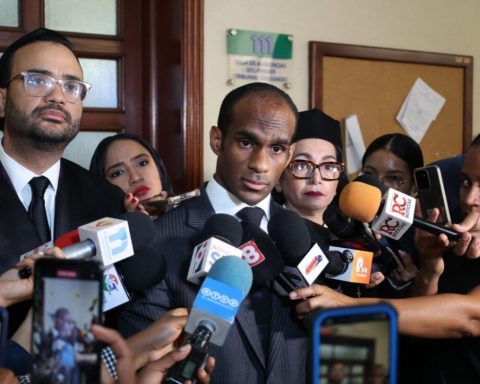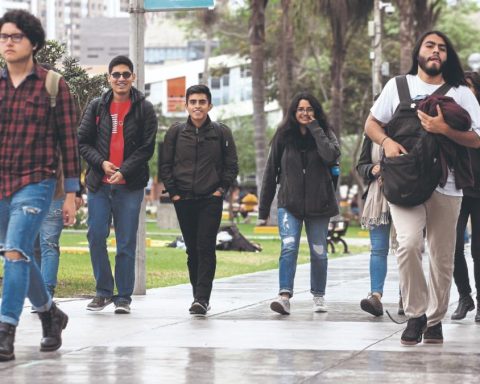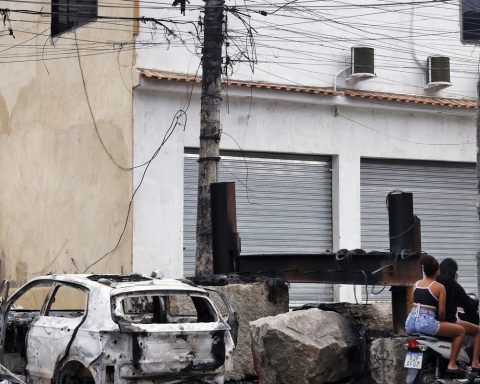The Unified Council of Distribution Companies (CUED) reported this Monday that the country will have about 400 megawatts of power and Energy associated additional, to supply and satisfy the necessary energy demand, in the interest of improving the quality of life and contributing to economic and social development.
The CUED reported that the tender number EDES-LPI-02-202, launched on December 2, 2021 by the Unified Council of Distribution Companies (CUED), on behalf of the Electricity Distribution Companies (EDE), has been awarded.
This international public tender is part of the development strategy of the electricity sector and the Government’s efforts to improve the Dominican electricity system and continue supplying 99% of the electricity demand of the population.
After an evaluation process guided by established parameters of transparency and objectivity, the awarded companies are: KARPOWERSHIP DOMINICAN REPUBLIC SA for 103 and 75 MW and the consortium made up of HAINA INVESTMENT CO., LTD (HIC), MONTERIO POWER CORPORATION, LTD (MRPC ) and SOLUCIONES EN GAS NATURAL, SA (SGN) for 190.89 MW
The bidding process was carried out considering the possibilities of participation of generating units installed on barges and in units or gas turbines with dimensions and technical characteristics that allow rapid installation.
In addition, the following criteria were considered to be evaluated: the thermal and general efficiency of the generator; the start date of the commercial operation and delivery of energy to the system; the feasibility of closing the combined cycle in the event that it initially offers an open cycle, and the technical characteristics of the loading and unloading ramps.
In this tender, the State will limit itself exclusively to the purchase through contract of the energy that will be produced by the new generation plants.
Among the participating observers were the businessman Franklin Báez Brugal; Julio Ferreira, dean of the Faculty of Sciences and Engineering of the Pontificia Universidad Católica Madre y Maestra (PUCMM); Miguel Aybar, professor of Electrical Engineering at the Technological Institute of Santo Domingo (INTEC); Amparo Céspedes, dean of the Faculty of Engineering and Architecture of the Autonomous University of Santo Domingo (UASD), and Melina Santos, of the Research Dean of the Ibero-American University (UNIBE).

















